11 Months Ago It was created by giving Sora the prompt “Will Smith eating spaghetti” and generating 10 segments of two seconds each. The video shows different angles and perspectives of Will Smith devouring pasta, with realistic details and expressions. The video has been widely shared and praised for its quality and creativity

11 Months Later SORA Stuns the Entire Industry
Imagine if you could write a script and see it come to life as a video. That’s what Sora, a new AI model from OpenAI, can do. Sora can generate videos up to a minute long from text prompts, with high visual quality and realism.
Sora is not just a Video Generator
Sora is not just a video maker, but also a video learner. It can understand and simulate the physical world in motion, and create scenes with multiple characters, actions, and emotions. It can also follow the user’s instructions and preferences, such as the style, angle, and duration of the video.
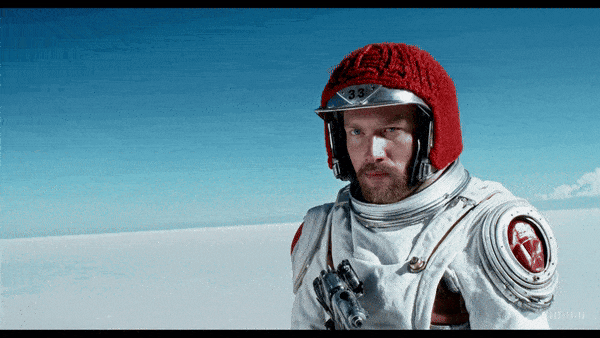
Sora is a breakthrough in AI research, as it combines the power of language and vision in one model. It builds on previous models like DALL·E, which can generate images from text, and GPT, which can generate text from text. Sora uses a new technique called diffusion, which starts with a noisy video and gradually refines it until it matches the text prompt.
Sora is Not Perfect Yet but Potential is Unlimited
Sora is not perfect, though. It still has some challenges, such as simulating complex physics, understanding cause and effect, and keeping track of spatial and temporal details. For example, it might not show a bite mark on a cookie after someone eats it, or it might mix up left and right in a prompt.

But Sora is still a work in progress, and OpenAI is inviting feedback from people outside the organization. They are giving access to Sora to some experts who can test its capabilities and limitations, such as security analysts, artists, designers, and filmmakers. They are also sharing their research progress with the public, to show what AI can do and what challenges it still faces.

Sora is more than just a video generator. It is a step towards AI that can understand and interact with the real world, a goal that OpenAI calls artificial general intelligence (AGI). Sora is a glimpse of what AI can achieve in the future, and how it can help people solve problems and express their creativity.
What’s the Biggest Impact going to Be?
Hollywood is facing a major challenge from the rise of artificial intelligence (AI), which can create realistic and immersive videos from text prompts. Some experts predict that AI will disrupt the film and entertainment industry in profound ways, affecting scriptwriting, pre-production, special effects, actors, writers, intellectual property, and storytelling. Pople in Hollywood will Lose Jobs Overnight as soon as SORA Takes it’s hold.
Some of the possible impacts of AI on Hollywood are:
- Scriptwriting: AI can analyze existing screenplays and generate new ones, potentially reducing the need for human writers and their creative input. AI can also create more efficient and cost-effective screenwriting processes, but it may also produce scripts that are less original or relevant to the text prompt.
- Pre-production: AI can streamline the pre-production process, including casting, location scouting, and storyboarding. AI can also help studios make more informed decisions about which films to greenlight and how to market them, based on audience data and preferences. However, AI may also limit the artistic vision and choices of filmmakers and actors, and may not account for ethical or social implications of the films.
- Special effects: AI can create more realistic and immersive special effects, potentially reducing the need for practical effects and saving time and money in post-production. AI can also create digital likenesses of actors, either de-ageing them or resurrecting them from the dead. However, AI may also pose challenges for actors’ rights and consent, as well as for the authenticity and quality of the films.
- Audience analysis: AI can analyze audience data and preferences, helping studios make more informed decisions about which films to greenlight and how to market them. AI can also personalize movie recommendations for viewers and optimize distribution strategies, potentially leading to higher ticket sales and revenue. However, AI may also create a feedback loop that reinforces existing biases and preferences, and may reduce the diversity and originality of the films.
- Distribution: AI can personalize movie recommendations for viewers and optimize distribution strategies, potentially leading to higher ticket sales and revenue. AI can also help studios reach new markets and audiences, especially in the streaming era. However, AI may also create challenges for the protection and monetization of intellectual property, as well as for the regulation and quality control of the films.









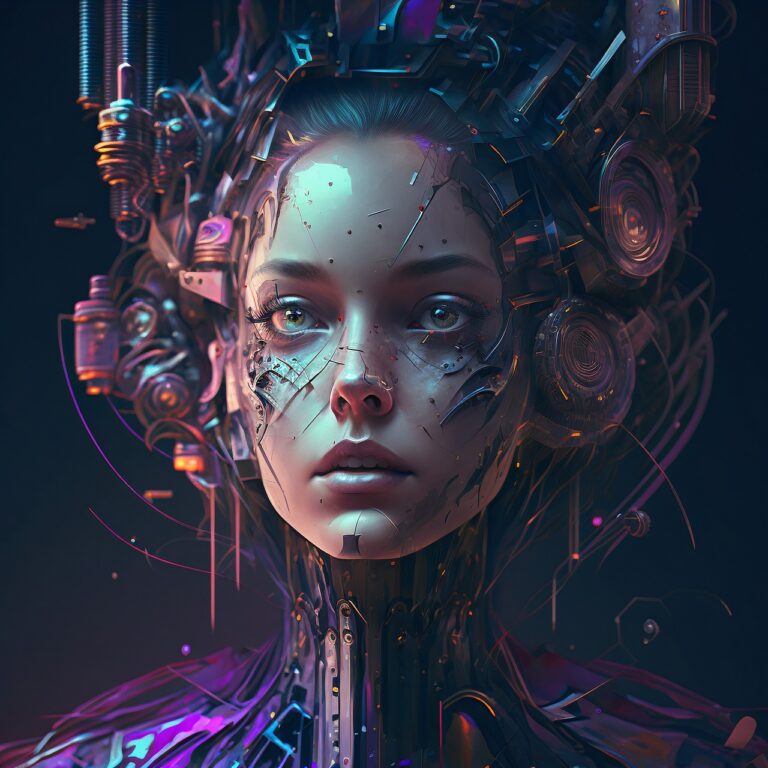

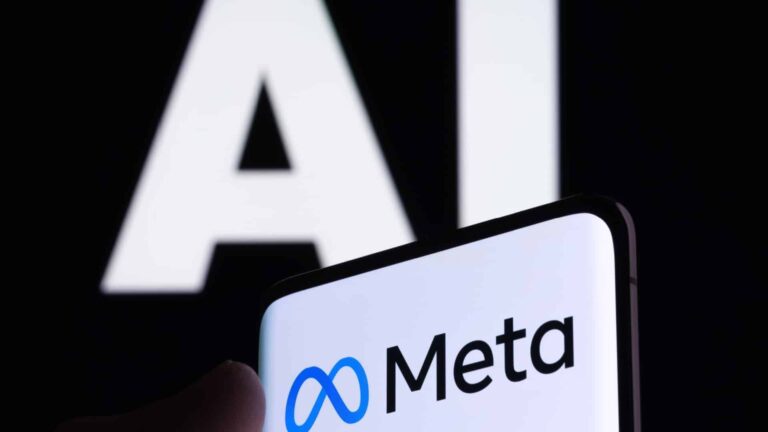
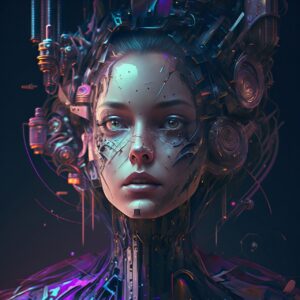
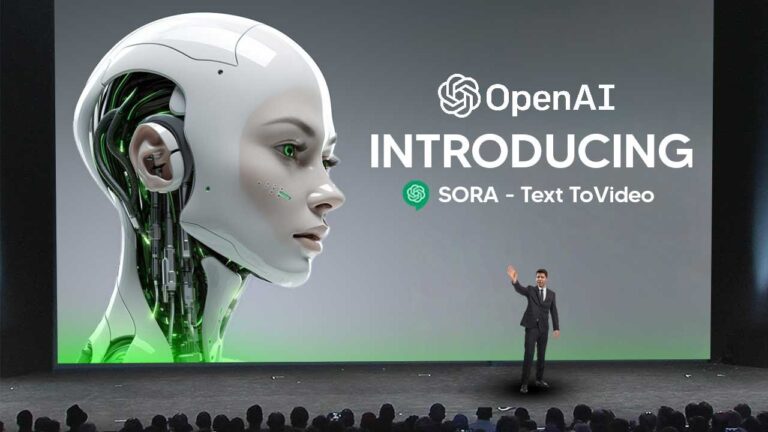
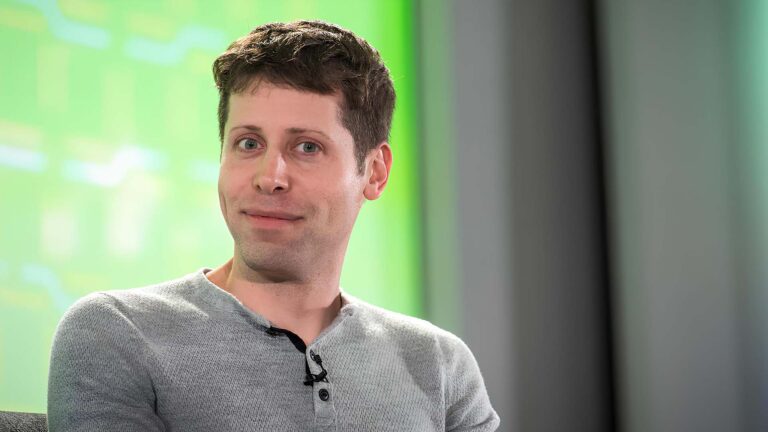
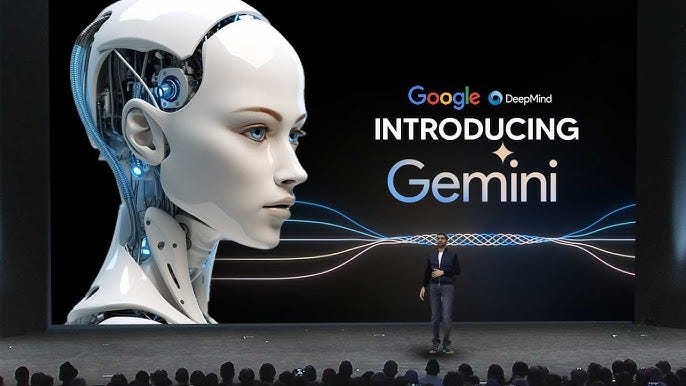


+ There are no comments
Add yours